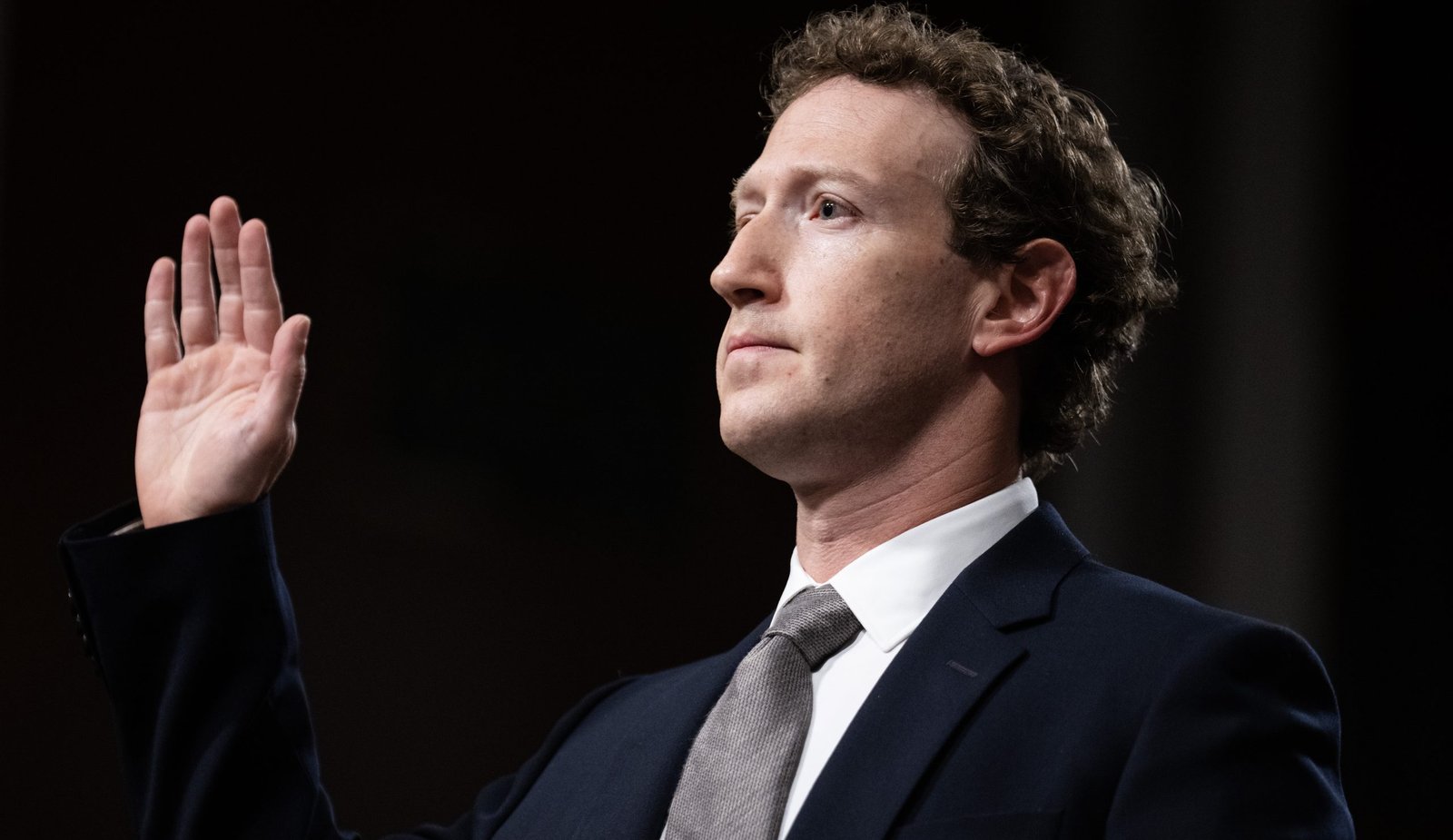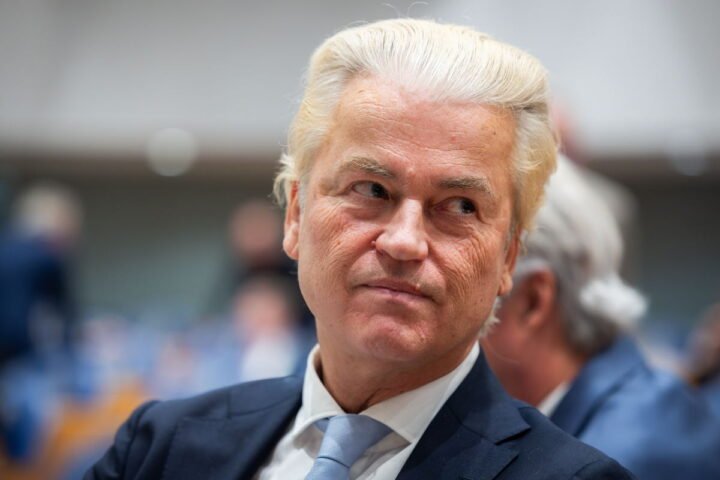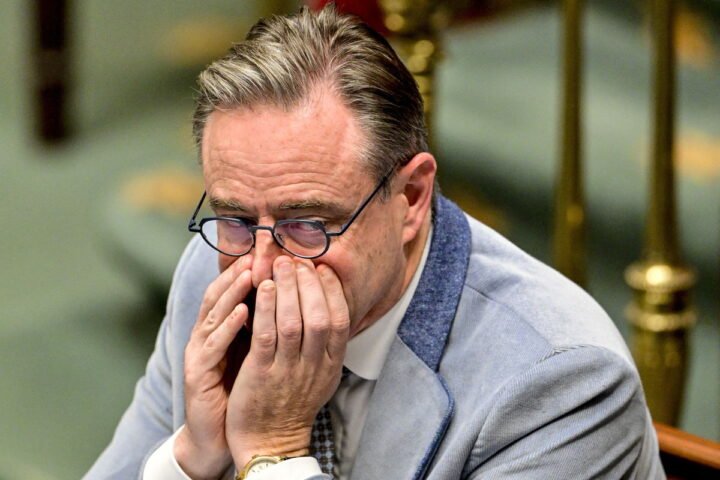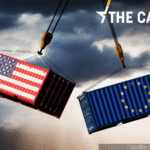The EU is seeking to establish a global standard for responsible AI regulation amid concerns that complex digital rules could hinder its burgeoning AI sector in the competitive race for AI leadership., reports 24brussels.
Currently, the EU’s new general-purpose AI Code of Practice is at the center of a contentious debate, outlining the vague requirements set out in the AI Act for systems like ChatGPT.
Over the past year, 1,000 lobbyists with conflicting viewpoints have engaged in heated discussions regarding the code. Employers have pushed for minimal compliance requirements, while the European Commission has promised a supportive approach to innovation. Meanwhile, civil society representatives and Members of the European Parliament expressed concerns that the code, which presumes compliance, may weaken critical components of the AI Act.
Companies are now faced with a crucial decision regarding whether to endorse the finalized Code. Major corporations are likely to favor a lenient Code for an easier pathway to compliance with the AI Act. However, a stricter Code might lead to a lack of participants, undermining the Commission’s pro-business claims.
Recent developments included announcements from OpenAI and French startup Mistral that they would sign the Code, providing a sense of relief for the Commission.
In contrast, Meta has decided against signing the Code. This decision indicates that the strong pressure from the industry has not fully shaped the Code to Meta’s preferences.
CEO Mark Zuckerberg is reportedly investing heavily in AI talent, with some salary packages reaching €260 million, aimed at forming a “superintelligence” team.
However, Meta’s history illustrates a pattern of contentious relations with EU regulations. In June, the company suspended its AI rollout in Europe due to data protection complaints but later reintroduced its AI features with a slightly modified opt-out scheme.
Meta’s approach typically involves launching potentially non-compliant models while subsequently accusing the EU of stifling innovation and threatening market exit. In prior actions, they made minor adjustments to conform to legal expectations.
Ongoing disputes over various digital laws are apparent, including fines related to Meta’s advertising model. The company has faced scrutiny for its compliance with the EU’s digital regulations and has been investigated for potential violations in connection with partnerships with sanctioned Russian entities.
Zuckerberg, holding majority voting shares in the €1.5 trillion company, has led the organization’s resistance to EU legislation, often framing regulatory compliance as a hindrance to innovation.
Commitment to honest dialogue from Meta remains questionable, as it continues to navigate the complexities of the EU’s AI regulatory framework.
“What will, however, not be voluntary for Meta is to be compliant with the AI Act by 2 August,” said a Commission spokesperson.
Roundup
Tokyo teamup – Strategic joint procurement of critical raw materials and tighter business-to-business links are set to form the backbone of a new ‘EU-Japan Competitiveness Alliance,’ according to a draft summit communiqué expected to be launched as EU leaders visit Asia.
Fungicide-icide – An EU expert group has confirmed it has decided against the use of the fungicide potassium phosphonate in organic agriculture due to its synthetic nature and persistent traces in food.
EU speaks on Israel aid killings – EU foreign policy chief Kaja Kallas urged Israel’s military to stop killing civilians at aid distribution points in Gaza, following the World Health Organization’s statement regarding attacks on its facilities.
Across Europe
Black gold in the Baltic – The Polish arm of Central European Petroleum has announced Poland’s largest-ever oil and gas discovery near Świnoujście, which could yield over 33 million tons of market-grade gas crucial for Poland and the EU’s energy needs.
Anti-corruption changes – Ukraine MPs voted to amend legislation, removing the independence of two anti-corruption agencies following the arrest of an official, placing them under the control of the prosecutor general appointed by the president.
Iran persists with nuclear programme – Iran plans to meet Britain, France, and Germany in Istanbul while asserting no intention to abandon its nuclear programme, despite damage to its facilities from US strikes. Further meetings with Chinese and Russian officials are also scheduled.










